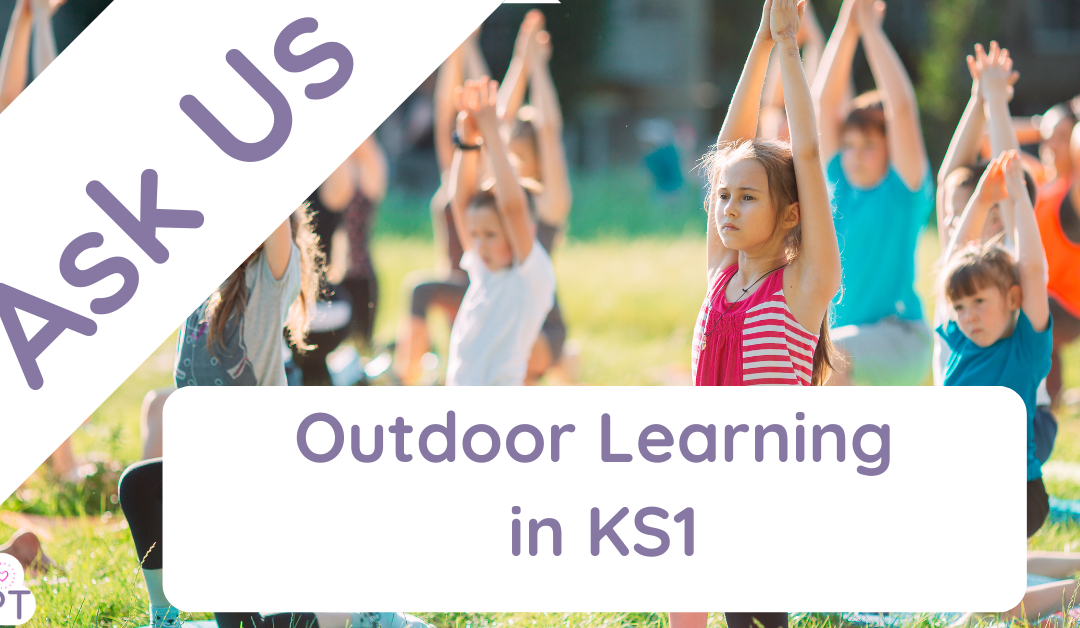Outdoor Learning in KS1: Enhancing Early Education Through Nature
Outdoor learning is becoming an increasingly popular educational approach in Key Stage 1 (KS1). This method leverages the natural environment to teach a variety of subjects, enhancing students’ academic skills, physical health, and emotional well-being. By taking the classroom outside, educators can provide a richer, more engaging learning experience that fosters a lifelong love for nature and learning.
Benefits of Outdoor Learning for KS1 Students
Academic Enhancement
Outdoor learning supports academic achievement by making lessons more engaging and interactive. Studies have shown that students who participate in outdoor learning activities demonstrate improved concentration, higher motivation, and better academic performance.
Sources:
Physical Health
Outdoor activities naturally incorporate physical exercise, which is crucial for young children’s growth and development. Activities like running, jumping, and climbing help develop motor skills and promote overall physical health.
Sources:
Emotional and Social Development
Nature-based learning environments can reduce stress and anxiety, fostering better emotional health. Additionally, outdoor learning promotes teamwork and communication skills through group activities.
Sources:
Key Outdoor Learning Activities for KS1
Nature Walks and Observations
Nature walks help students explore their surroundings and observe wildlife. These walks can be used to teach science topics like plant and animal life cycles, habitats, and ecosystems.
Sources:
Gardening and Plant Studies
Gardening activities teach children about plant biology and the importance of caring for the environment. Students can plant seeds, observe growth, and learn about photosynthesis and plant needs.
Sources:
Outdoor Math Games
Math can be brought to life with outdoor games that involve measuring distances, counting objects, and solving real-world math problems.
Sources:
Creative Arts and Storytelling
Nature provides a rich source of inspiration for creative activities. Students can draw or paint scenes from nature, create nature-inspired crafts, or tell stories based on their outdoor experiences.
Sources:
Integrating the MPT Approach
The Muddy Puddle Teacher (MPT) approach offers practical and creative ways to integrate outdoor learning into the KS1 curriculum. Here are five MPT resources to help you get started:
- Outdoor Maths Lessons
- Nature-Based Learning Activities
- Seasonal Outdoor Activities
- Forest School Techniques
- Benefits of Outdoor Learning
Conclusion
Outdoor learning in KS1 offers numerous benefits, from enhancing academic performance to promoting physical health and emotional well-being. By integrating nature into the curriculum, educators can create dynamic, hands-on learning experiences that engage young students and foster a deeper connection with the environment.
For further reading and resources, explore these links:
- Outdoor Classroom Day
- Nature Explore
- Council for Learning Outside the Classroom
- Forest School Association
- Project Learning Tree
- National Outdoor Learning Initiative
- Wilderness Society
- Environmental Education Research
- U.S. Forest Service: Benefits of Nature
- Institute for Outdoor Learning
- Children & Nature Network
- National Trust: Outdoors for Schools
- Smithsonian Science Education Center
- National Wildlife Federation: Schoolyard Habitats
By embracing outdoor learning, educators can provide enriching educational experiences that support holistic development and instill a lifelong love for nature and learning.


